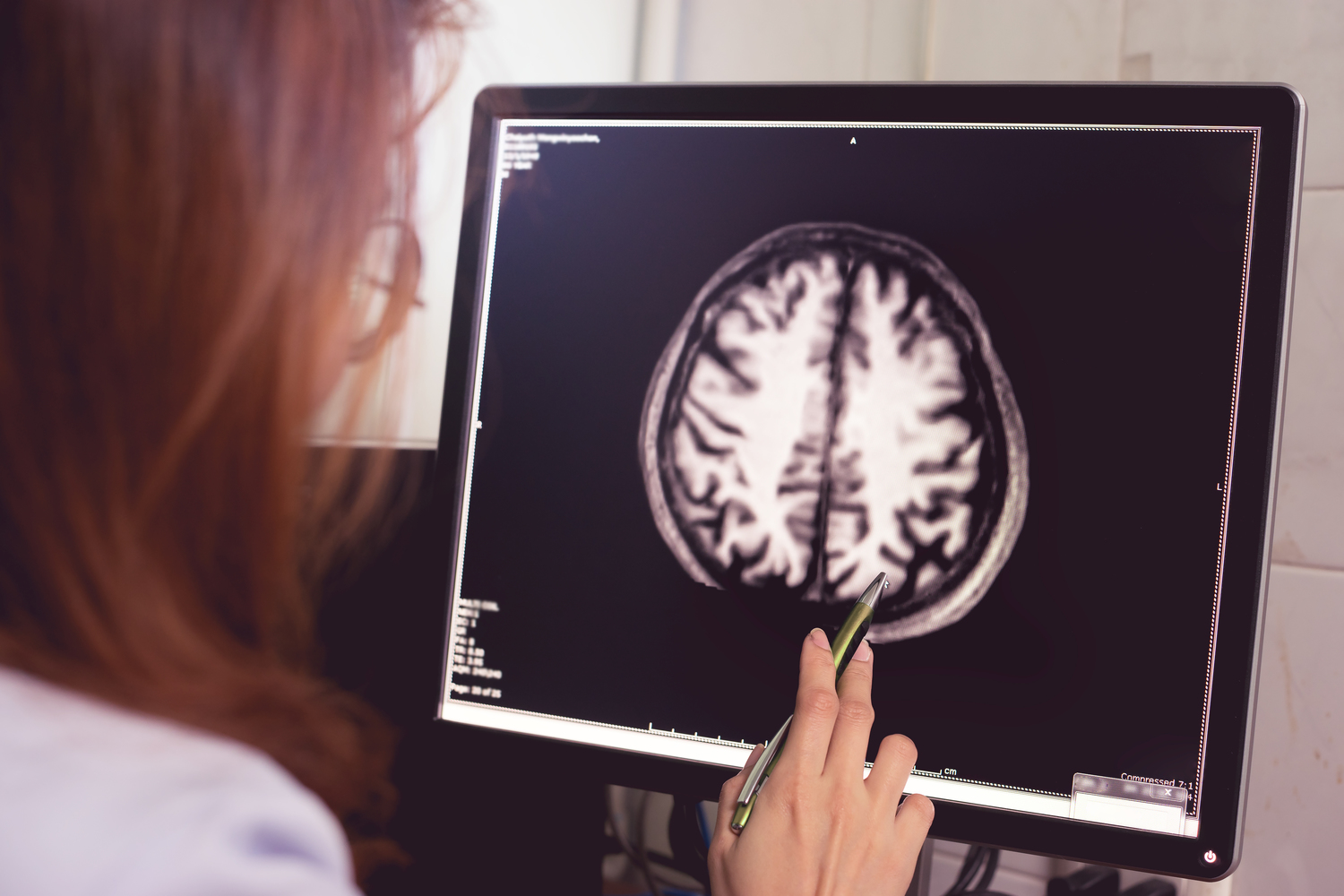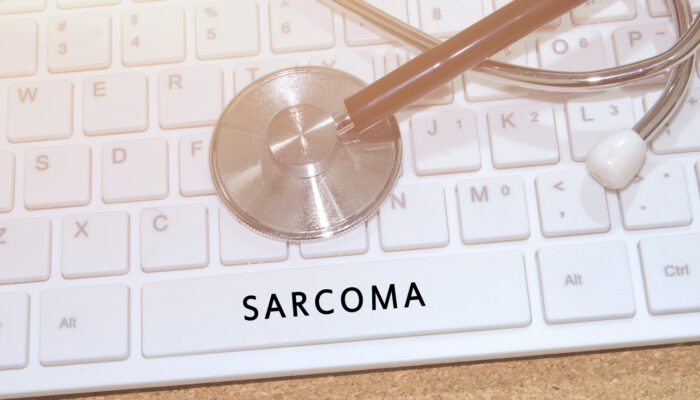
5 Foods for Dementia Patients That Caregivers Should Know About
As we age, our cognitive abilities tend to decline, and this can be exacerbated by dementia, a condition that affects millions of seniors worldwide. Caregivers for seniors with dementia often face the challenge of providing nutritious meals that can help maintain their cognitive function. In this article, we will discuss five foods that caregivers should know about when caring for seniors with dementia:
1. Bright colored fruits and veggies
Bright colored fruits and vegetables, such as spinach, kale, blueberries, and strawberries, are rich in antioxidants, which help protect the brain from oxidative stress. Oxidative stress occurs when there is an imbalance of free radicals and antioxidants in the body, which can lead to damage to cells, including brain cells. Studies have shown that diets high in antioxidants may help prevent or slow down the progression of cognitive decline and dementia.
2. Berries
Berries, such as blueberries and raspberries, are high in polyphenols, which are compounds that have been shown to improve cognitive function in seniors. Polyphenols have been found to protect brain cells from damage, reduce inflammation, and improve blood flow to the brain. Some studies have even suggested that consuming berries may improve memory and reduce the risk of cognitive decline.
3. Fatty fish
Fatty fish, such as salmon and tuna, are high in omega-3 fatty acids, which have been shown to improve cognitive function and reduce the risk of dementia. Omega-3 fatty acids are essential fats that are important for brain health and development. They have anti-inflammatory properties and can help protect brain cells from damage. Some studies have suggested that consuming omega-3 fatty acids may improve memory and cognitive function in older adults.
4. Whole grains
Whole grains, such as brown rice and quinoa, are high in fiber and complex carbohydrates, which provide sustained energy and improve cognitive function. Complex carbohydrates are broken down slowly by the body, which helps provide a steady stream of glucose to the brain, which is important for cognitive function. Whole grains are also high in fiber, which can help regulate blood sugar levels and improve overall heart health.
5. Seeds, nuts, and legumes
Seeds, nuts, and legumes are high in protein, fiber, and healthy fats, which provide sustained energy and improve cognitive function. Protein is important for building and repairing brain cells, while fiber and healthy fats can help regulate blood sugar levels and improve overall heart health. Some studies have suggested that consuming nuts may improve memory and cognitive function in older adults.
When caring for seniors with dementia, caregivers should prioritize providing nutritious meals that can help maintain their cognitive function. The foods listed are all great brain-boosting options to include in their meals. If you are looking for “independent senior living communities near me”, “dementia memory care seniors near me”, or “home assisted living near me”, consider consulting with a nutritionist or dietitian to develop a meal plan tailored to your loved one’s needs. You can also consider palliative nursing care home facilities to ensure that your loved one receives proper care and nutrition.



